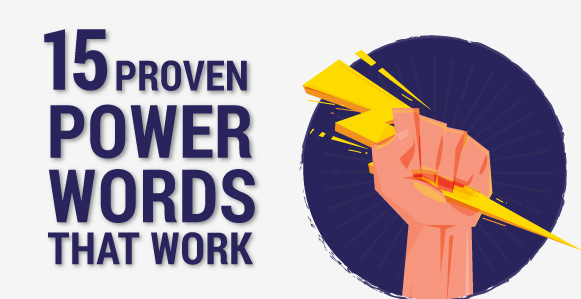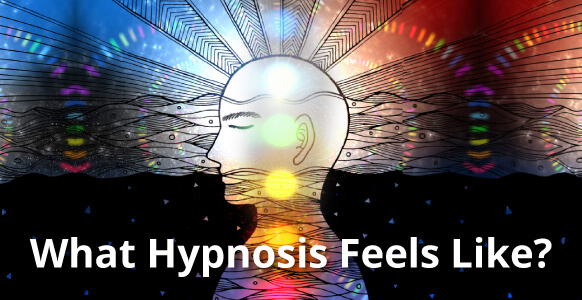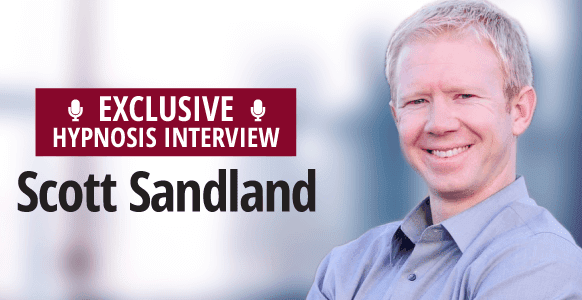"How can hypnosis help with anxiety and depression?"
This is a common (and fantastic) question.
Which is why we've done our best to explain the answer as clearly as possible so you're able to do the same with your hypnosis subjects.
Reason being, while a lot of hypnotists know that hypnosis can help with anxiety and depression, they might not always be able to clearly articulate the ins and outs of how hypnosis helps treat mental illnesses such as anxiety and depression.
So this article will equip you with the knowledge to do just that.
How Is Hypnosis Used For Anxiety And Depression And What Does It Have That Most Modern-Day Therapies Lack?
There is one key difference between hypnosis and most modern-day therapies that don't stack up.Any idea what this is? We'll reveal what it is in a minute.
But first, it's important to explain how hypnosis gives you direct access to the playground of your mind - the unconscious.
This is where your "true identity" lies. Everything and anything that makes up who you are resides in your unconscious.
So the way hypnosis helps you access your mental "playground" is the way it engages your conscious mind.
Or otherwise put, imagine that there was a gatekeeper that kept you from peeking into your unconscious mind's files and databases making sure you didn't meddle too much.
Well hypnosis engages and schmoozes this gatekeeper. And once the gatekeeper is occupied, a hypnotist is able to really examine the underpinnings of your unconscious.
So hypnosis and trance simply open up the doorway. They allow you to fully imagine (often in vivid technicolor detail) how much better life can be. What it would be like to take on completely new behaviors, beliefs and identities.
Given this, the one thing hypnosis has that most modern day therapies lack is the ability to quiet your negative internal conversations.
Have you ever wondered about some positive change you'd like to make, only to have that rational mind of yours pop up and tell you why you can't have it?
That's the negative internal dialogue that most therapies can't seem to sneak around. Hypnosis does an incredible job of sidestepping this.
Another thing that sets hypnosis apart is the ability to restructure cognitive distortions.
Hypnosis allows for the accessing and restructuring (changing the pattern) of conscious, automatic and unconscious cognitive distortions and negative self-schema.
(Psst! In case, you're wondering what the last term refers to - self-schema - it's your long-lasting and stable set of memories that summarizes your beliefs, experiences and generalizations about yourself in specific behavioral domains).
And it just so happens that hypnosis is naturally adept at altering the self-schema.
Your job as the hypnotist is to identify the thought patterns that have been causing your clients harm and then help them re-write these mental stories.
So now that you know more about how hypnosis is used for anxiety and depression, let's take a closer look at the mental health epidemic sweeping across the U.S. (and much of the globe).
Research has shown that hypnosis is highly-effective at dealing with anxiety and depression, and what’s more, is that positive results can often be seen in a fraction of the time.
The other benefit with hypnosis is that it’s 100% natural and drug-free – which is also good news given how quick doctors can be to prescribe medication.
Curious to discover more about how hypnosis can be used as a powerful ally in the emotional struggles that haunt depression and anxiety sufferers?
Check out this article to discover why hypnosis works, the techniques you can use to treat it, in addition to 3 scientific studies that back its effectiveness up.





 Welcome to the ultimate guide on hypnosis training.
Welcome to the ultimate guide on hypnosis training.

